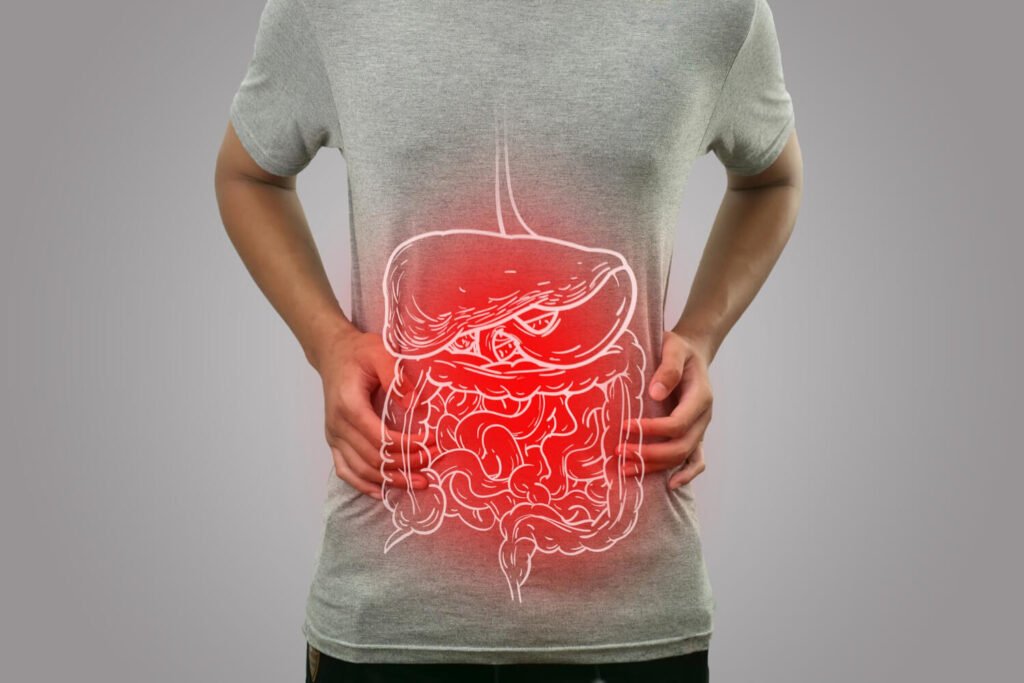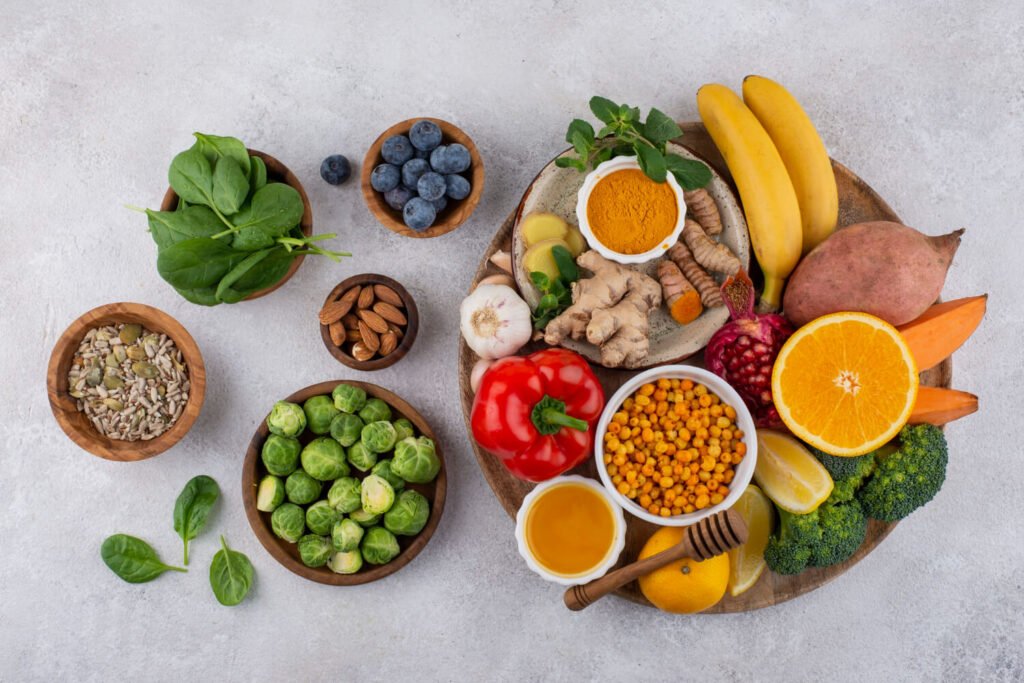Introduction: Understanding Gut Health Essentials
When it comes to supporting gut health, the terms “probiotics” and “prebiotics” often come up. Both play crucial roles in maintaining a healthy digestive system, but they serve different functions. So, what’s the difference between probiotics and prebiotics, and how do they benefit your gut?
What Are Probiotics?
Probiotics are live bacteria and yeasts that are beneficial for your digestive system. They are often referred to as “good” or “friendly” bacteria because they help maintain a healthy balance in your gut microbiome. Probiotics can be found in fermented foods like yogurt, kefir, sauerkraut, kimchi, and supplements.
Benefits of Probiotics:
- Restores Gut Balance: Probiotics help replenish good bacteria in your gut, especially after taking antibiotics.
- Boosts Immune System: A healthy gut microbiome can strengthen your immune response, helping your body fight off infections.
- Improves Digestion: Probiotics can alleviate issues like diarrhea, constipation, and bloating by promoting healthy digestion.
What Are Prebiotics?
Prebiotics are a type of fiber that the human body cannot digest. They serve as food for probiotics, helping to stimulate the growth of good bacteria in the gut. Prebiotics are found in fiber-rich foods like bananas, onions, garlic, asparagus, and whole grains.
Benefits of Prebiotics:
- Feeds Good Bacteria: Prebiotics nourish the probiotics in your gut, helping them thrive and multiply.
- Improves Gut Health: By supporting the growth of healthy bacteria, prebiotics can improve digestion and reduce inflammation.
- Supports Mineral Absorption: Prebiotics enhance the body’s ability to absorb essential minerals like calcium and magnesium.
Key Differences Between Probiotics and Prebiotics
- Probiotics are live beneficial bacteria, while prebiotics are non-digestible fibers that feed those bacteria.
- Probiotics directly introduce good bacteria into the gut, whereas prebiotics promote the growth of existing healthy bacteria.
How Probiotics and Prebiotics Work Together
Probiotics and prebiotics work synergistically to maintain a healthy gut environment. Probiotics introduce beneficial bacteria, while prebiotics ensure that those bacteria are well-fed and able to thrive. Together, they enhance gut health, boost immunity, and promote overall well-being.
Foods Rich in Probiotics:
- Yogurt
- Kefir
- Kimchi
- Miso
- Tempeh
Foods Rich in Prebiotics:
- Garlic
- Onions
- Leeks
- Bananas
- Oats
Conclusion: A Balanced Approach to Gut Health
Both probiotics and prebiotics are essential for maintaining a healthy gut. Incorporating a variety of probiotic and prebiotic-rich foods into your diet can improve digestion, support your immune system, and promote overall well-being. By understanding the difference between the two, you can make more informed choices to support your gut health.




